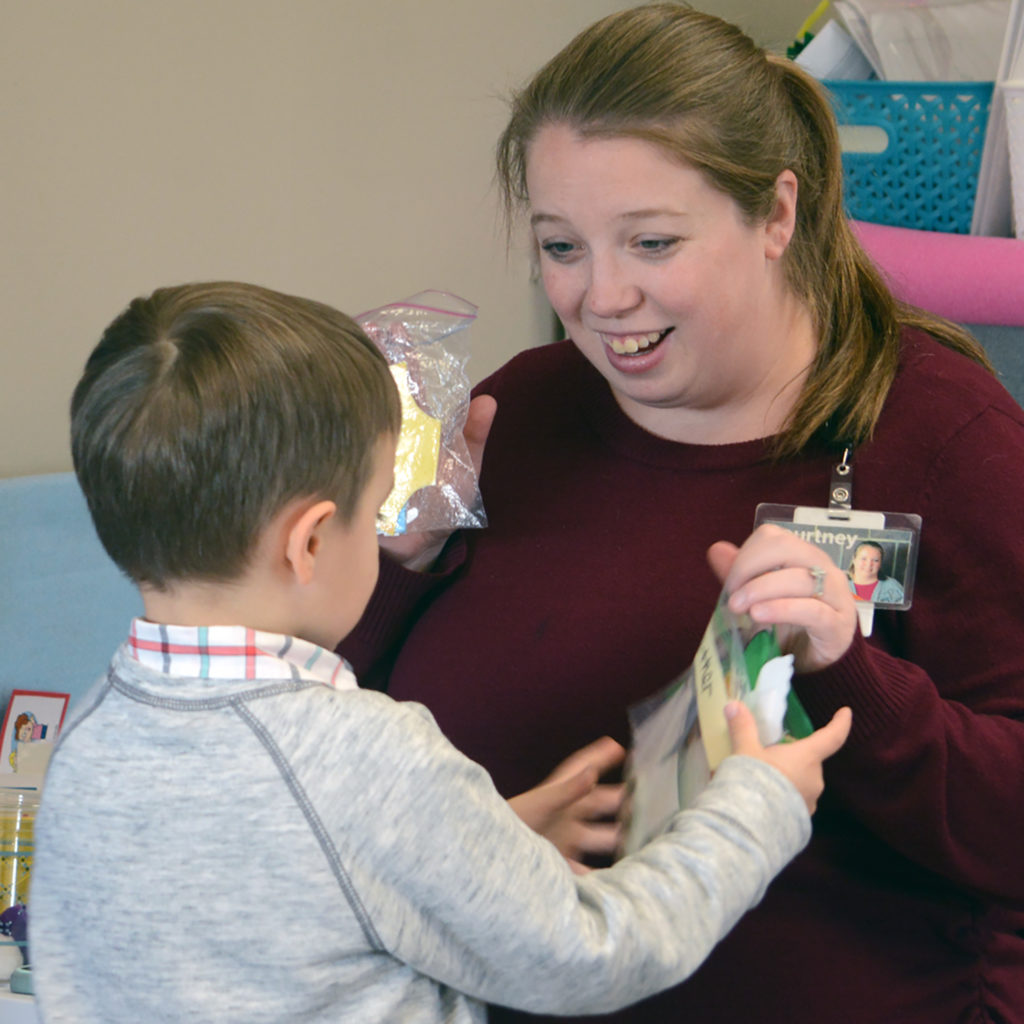submitted by Tracy Gale, PsyD, HSPP, and Emmaleigh Badeaux, MA, LMHC, Easterseals Crossroads
In Indiana, children with disabilities ages 3 to 22 are eligible to receive special education services through their local public school. These services may include speech, occupational, and physical therapies, as well as academic supports. The first step in accessing special education services is to request an educational evaluation. During this evaluation, a team of specialists will gather information to determine if your child has a qualifying disability.

If your child is found eligible for services, the Case Conference Committee, along with the parents, will design an Individualized Education Program (IEP). The IEP explains what services will be implemented for your child. Below are recommendations to help guide you through this experience:
- Be sure to request assessment in all of the relevant developmental areas: cognitive, social, physical, behavioral, and academic development.
- Keep a detailed record of the special education process. Keep all documents together, and always communicate with the school in writing or email.
- Learn the timeline contained in Article 7 that the school must follow. Article 7 contains rules about special education in Indiana.
- Build a respectful working relationship with your child’s school – work as a team rather than opponents.
- Ask for a draft of the proposed IEP before the case conference: read what they are proposing, gather your questions, and respond at the meeting.
- Do not sign the IEP at the meeting. Take some time to reflect on the many important topics discussed.
- Share your concerns and questions at the meeting. If something seems wrong, say it.
Special education is meant to enable your child to reach their maximum potential, but it can be a difficult world to navigate. There are educational advocates who can help in this process by attending case conferences, making recommendations and acting as guide for the parents.
Even though school services may be unfamiliar to you, remember that you are an expert on your child and your child’s best advocate.



